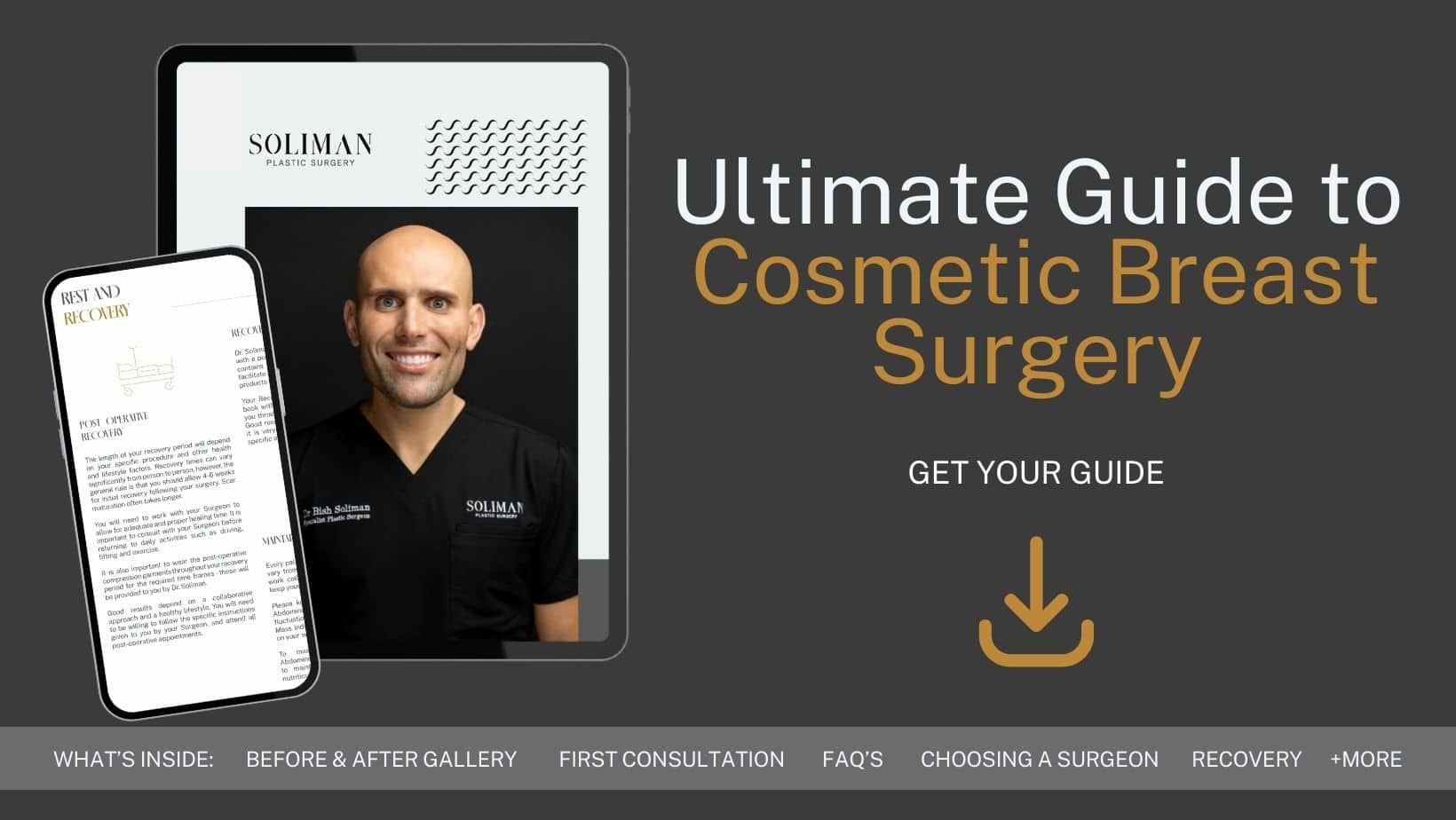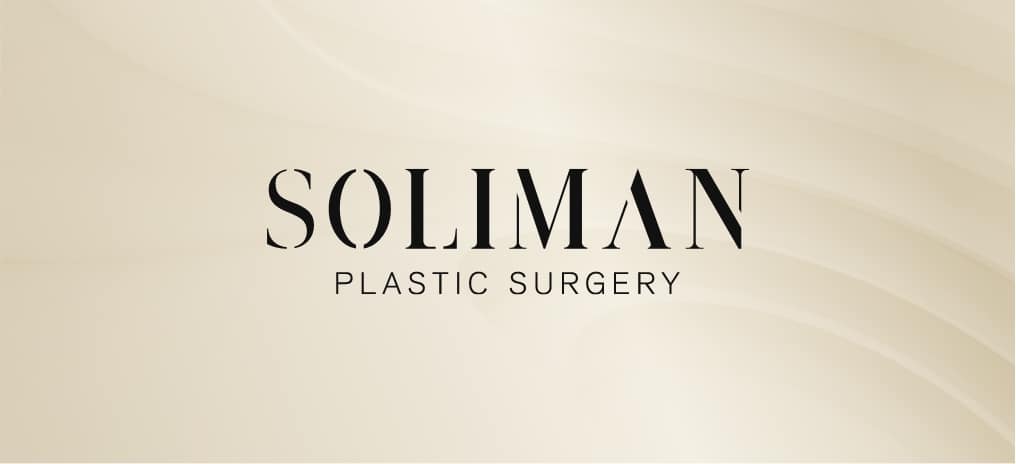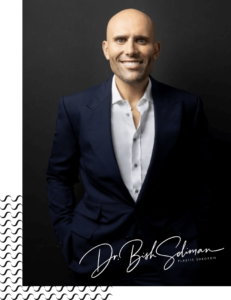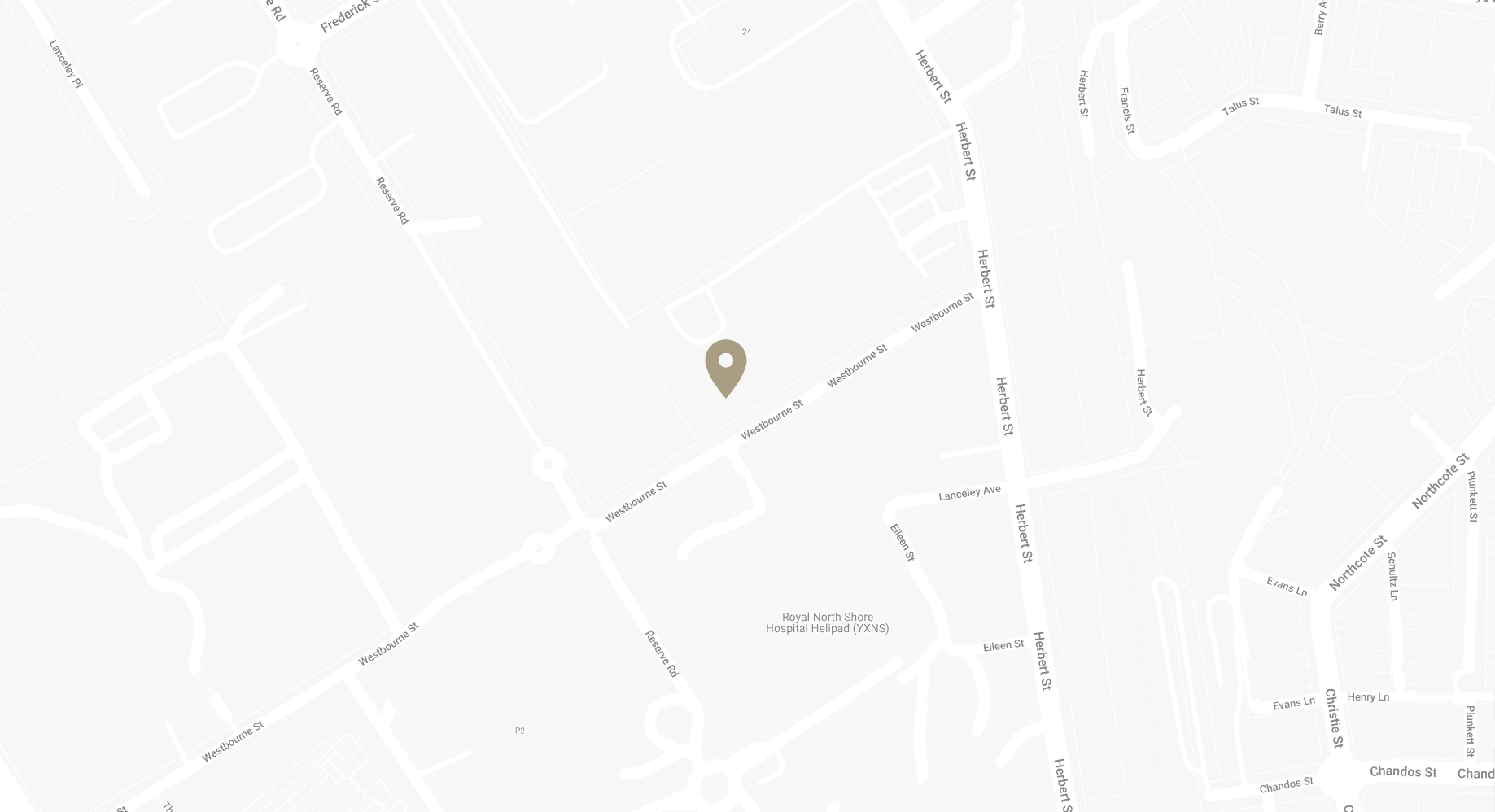Questions to Ask Your Plastic Surgeon during Consultation for Breast Augmentation
Getting a breast augmentation is a significant decision that involves careful consideration and informed choices. To ensure you are making the best decision for your health, it is crucial to engage in an open and thorough dialogue with your plastic surgeon. In this blog, Sydney Plastic Surgeon Dr Bish Soliman will explore the 10 essential questions you must ask your surgeon before proceeding with your breast augmentation. These questions are designed to give you an understanding of the procedure, the expected outcomes, and the expertise of your surgeon.
Download Dr Bish Soliman Cosmetic Breast Surgery Guide

Questions to Ask Your Plastic Surgeon before Breast Augmentation
1. What are your qualifications and experience in breast augmentation surgery?
Asking about a surgeon’s qualifications and experience in breast augmentation surgery is important for several reasons. Firstly, it ensures that the surgeon has the necessary training and expertise to perform the procedure safely and effectively. Breast augmentation is a complex surgical procedure that requires a deep understanding of human anatomy, surgical techniques, and aesthetic principles. A surgeon’s qualifications, typically including medical degrees, board certifications, and specialised training in plastic or cosmetic surgery, provide a foundation of knowledge and skill.
Experience, on the other hand, speaks to the surgeon’s practical ability to apply this knowledge. A surgeon with extensive experience in breast augmentation will have a nuanced understanding of different body types, implant options, and techniques. They are more likely to have encountered and managed a variety of scenarios, from straightforward cases to more complex ones involving previous surgeries or unique anatomical challenges.
Moreover, an experienced surgeon is likely to have a portfolio of before-and-after photos that can provide insight into their aesthetic style and the outcomes you can expect.
Inquiring about qualifications and experience also helps in building trust and confidence in your surgeon. Knowing that you are in the hands of a skilled and seasoned professional can alleviate anxiety and contribute to a more positive surgical experience and outcome.
2. What type of breast implants do you recommend for me and why?
The question of which type of breast implants are recommended for you is crucial because it addresses the customisation of the breast augmentation procedure to your specific body type, aesthetic goals, and lifestyle. Breast implants come in various sizes, shapes, materials (such as silicone or saline), and profiles, each offering different benefits and considerations.
A surgeon’s recommendation should be based on a thorough assessment of your breast anatomy, skin elasticity, body frame, and desired outcome. For instance, silicone implants are known for their natural feel and are often preferred for their realistic texture, while saline implants are chosen for their safety aspect, as they can be absorbed by the body in case of a rupture.
The shape of the implant (round or teardrop-shaped) also plays a significant role in the final appearance. Round implants are known for providing more fullness in the upper part of the breasts, while teardrop-shaped implants offer a more natural slope. Additionally, the implant’s profile (how much it projects from the chest) can affect the overall look, depending on your body frame and desired level of prominence.
Your lifestyle and future considerations, such as plans for pregnancy or weight fluctuations, should also influence the type of implant chosen. A thorough discussion about the types of implants will not only educate you about your options but also ensure that the surgeon’s recommendation aligns with your personal goals and lifestyle.
3. Are there any lifestyle changes I should make before or after the surgery to ensure the best results?
Discussing lifestyle changes before and after breast augmentation is important for several reasons. Before surgery, certain lifestyle adjustments can enhance your body’s readiness for the procedure and recovery. For instance, maintaining a healthy diet and regular exercise regimen can improve your physical health, potentially leading to a smoother surgery and quicker recovery. Additionally, avoiding smoking and reducing alcohol consumption are crucial, as these habits can impair healing and increase the risk of complications.
After surgery, lifestyle adjustments are vital to ensure optimal healing and maintain the results of your augmentation. Adhering to post-operative instructions, such as wearing a support bra, managing physical activity, and attending follow-up appointments, is essential for recovery and shaping the final outcome. Dr Soliman often advises avoiding strenuous activities and heavy lifting for a specified period to prevent strain on the surgical site and ensure proper implant positioning.
Moreover, maintaining a stable weight is important post-surgery. Significant weight fluctuations can alter the appearance of the breasts, potentially impacting the aesthetic results of the augmentation. A balanced diet and regular exercise can help in maintaining a stable weight and overall health.
4. What are the potential risks and complications associated with breast augmentation?
Understanding the potential risks and complications associated with breast augmentation allows you to make an informed decision about undergoing the surgery. While breast augmentation is generally safe when performed by a qualified surgeon, like any surgical procedure, it carries certain risks.
Common risks include infection, bleeding, and adverse reactions to anaesthesia. There are also specific risks related to breast implants, such as implant rupture, capsular contracture (where scar tissue forms around the implant, causing it to feel firm or distorted), and changes in nipple or breast sensation. Discussing these risks with your surgeon provides clarity on the likelihood of these complications and their potential impact on your health and the results of the surgery.
More than this, understanding the risks helps in setting realistic expectations. Knowing what complications could arise, how they can be identified, and how they are managed, can prepare you mentally and emotionally for the journey ahead. It also allows you to plan for the post-operative period, including arranging for help during recovery or time off work.
A surgeon’s ability to discuss risks openly also speaks to their professionalism and commitment to patient safety. It shows that they prioritise your well-being and are prepared to handle any complications should they arise. This transparency is key to building a trusting patient-surgeon relationship.
5. How do you handle complications during surgery?
Asking your surgeon about how they handle complications during surgery can provide insight into the surgeon’s preparedness and experience in dealing with unexpected situations. No matter how routine a procedure may be, the potential for unforeseen complications always exists, and a skilled surgeon should have a clear plan for managing these situations.
This question also helps you gauge the surgeon’s level of expertise and confidence in their surgical abilities. A surgeon who can articulate their approach to various complications demonstrates a depth of experience and knowledge. For instance, in the case of excessive bleeding or an adverse reaction to anaesthesia, you would want to know that your surgeon has the necessary strategies and support to manage these issues effectively.
Knowing how complications are handled reassures you of your safety during the procedure. It highlights the surgeon’s commitment to patient care and their ability to maintain a safe surgical environment. This can include details about the surgical facility, the availability of emergency equipment, and the qualifications of the support staff.
Inquiring about this aspect of surgery also allows you to understand the level of post-operative care and monitoring provided. Knowing that the surgeon has a comprehensive plan for both intraoperative and postoperative care can significantly ease your concerns and contribute to a more comfortable surgical experience.
6. How will my current medications or health conditions affect the surgery and recovery?
Every patient’s medical history is unique, and certain health conditions or medications can significantly impact the surgery’s outcome and the recovery process.
For instance, medications that affect blood clotting, such as aspirin or certain anti-inflammatory drugs, can increase the risk of bleeding during and after surgery. Similarly, supplements and herbal remedies might interact with anaesthesia or affect healing. A thorough review of all medications and supplements you are taking allows the surgeon to make necessary adjustments before the procedure.
Health conditions like diabetes, high blood pressure, or heart disease can also influence surgical outcomes. These conditions may increase the risk of complications during surgery and affect the healing process. For example, diabetes can slow wound healing and increase the risk of infection. By discussing these conditions, your surgeon can tailor the surgical plan to accommodate any special needs and coordinate with your primary care physician or specialists to ensure optimal management before, during, and after the procedure.
This conversation is an opportunity for your surgeon to provide specific advice on managing your health conditions and medications in the lead-up to and following surgery. It may involve adjusting medication dosages, closely monitoring certain health parameters, or implementing specific strategies to mitigate risks.
7. What specific instructions will I need to follow before and after the surgery?
Pre- and post-operative instructions are designed to ensure your safety and optimise the outcome of your breast augmentation surgery. Adhering to these instructions can significantly impact the success of the procedure and the speed and quality of your recovery.
Before surgery, instructions may include guidelines on fasting, medication adjustments, and preparations for the day of the procedure. For instance, you may be advised to stop taking certain medications or supplements that can increase bleeding risk, or to wash with a specific antibacterial soap to reduce infection risk. These pre-operative steps are essential for minimising complications during surgery.
After surgery, the instructions will likely cover wound care, activity restrictions, medication management, and signs of complications to watch for. For example, you may be instructed on how to care for your surgical incisions, when to resume normal activities, and how to manage pain or swelling. Following these guidelines is vital for preventing infection, ensuring proper healing of the surgical site, and achieving the desired aesthetic result.
Additionally, these instructions often include recommendations for follow-up appointments, which are crucial for monitoring your recovery and addressing any concerns that may arise.
8. How will breast augmentation affect mammograms or other breast screenings in the future?
Breast implants can impact the way mammograms are performed and interpreted. Since implants can obscure the view of some breast tissue, it may be necessary to use additional or specialised imaging techniques to ensure a thorough examination.
Radiologists who perform mammograms on patients with breast implants often use specialised techniques, such as displacement views, to move the implant aside and get a clearer view of the breast tissue. It’s important to inform the radiologist about your implants before the screening.
Discussing this with your surgeon can provide information on the type of implants used and their placement (either above or below the chest muscle), which can affect mammogram procedures. Some studies suggest that implants placed beneath the muscle might interfere less with mammographic images than those placed above the muscle.
This question also opens up a broader discussion about breast health monitoring post-augmentation. Your surgeon can provide guidance on self-examinations, the frequency of professional screenings, and any additional steps you should take to monitor your breast health.
9. How will my breasts look and feel if I choose to remove or not replace the implants in the future?
Breast implants are not lifetime devices, and there may come a time when you decide to have them removed or replaced.
If you choose to remove your implants, the appearance of your breasts post-removal will depend on various factors, including the size of the implants, the quality of your skin, and how long you’ve had the implants. After removal, some women may experience sagging or a change in breast shape, while others may find that their breasts return to a shape similar to their pre-augmentation state.
Your surgeon can provide insights based on your individual circumstances and the characteristics of your breast tissue and skin. They may also discuss options such as a breast lift, which can be performed in conjunction with implant removal to address issues like sagging or loss of volume.
10. What is the total cost of the procedure, including all fees?
Knowing the total cost of the breast augmentation procedure, including all associated fees, is crucial for planning and decision-making. The cost of breast augmentation can vary widely depending on several factors, including the surgeon’s experience, the type of implants used, and the geographic location of the practice.
Asking about the total cost should encompass not just the surgeon’s fee, but also additional costs such as anaesthesia fees, facility fees, the cost of the implants, pre-operative tests, and post-operative garments or medications. It’s also important to inquire about the costs associated with potential follow-up care or revisions.
Understanding the full financial commitment involved in breast augmentation allows you to budget appropriately and consider financing options if necessary. It also helps in comparing costs between different surgeons, keeping in mind that the lowest price may not always equate to the best quality or safest care.
Discussing costs upfront can clarify what is included in the quoted price, helping to avoid unexpected expenses later on. This transparency is key to a trusting patient-surgeon relationship and ensures that you are fully informed about the financial aspect of your breast augmentation journey.
Further Reading about Breast Augmentation with Sydney Plastic Surgeon Dr Bish Soliman
- Read Dr Bish Soliman’s Blog about Minimising Breast Augmentation Scars
- Read Dr Bish Soliman’s Blog about What Is Dropping and Fluffing after Breast Augmentation?
- Read Dr Bish Soliman’s Blog about How to Choose the Best Bra after Breast Augmentation
- Read Dr Bish Soliman’s Blog about FAQs about Breast Augmentation
- Read Dr Bish Soliman’s Blog about Recovery after Breast Augmentation
Medical References about Breast Augmentation
- Breast augmentation – Mayo Clinic
- Breast Augmentation Consultation – American Society of Plastic Surgeons
- Breast Augmentation – University of Utah Health
- Options in Cosmetic Surgery for Breasts (Mammoplasty) – WebMD
- What you need to know about breast augmentation – Medical News Today



